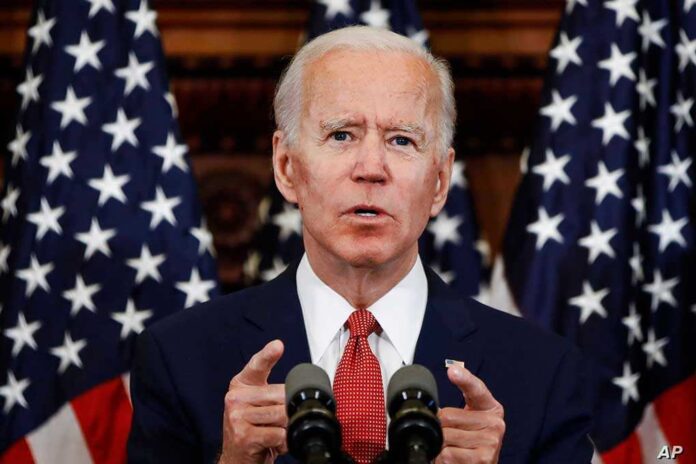
The ongoing scrutiny of former President Biden’s cognitive function and the role of media in addressing – or suppressing – it remains pivotal as revelations surface from key political figures.
Quick Takes
- Stephanopoulos described Biden’s cognitive issues as “heartbreaking” after a debate.
- Chris Whipple’s book details Democratic concerns over Biden’s capability.
- Biden’s chief of staff, Ron Klain, was aware of cognitive lapses yet continued support.
- Media and Democrat responsibilities called into question by conservatives.
Media’s Role and Impact
George Stephanopoulos, in a private exchange, noted former President Joe Biden’s state as “heartbreaking up close” following a visibly difficult debate. This sentiment is echoed throughout Chris Whipple’s book *Uncharted: How Trump Beat Biden, Harris, and the Odds in the Wildest Campaign in History* where internal discussions within the Democratic Party unveiled the growing doubts about Biden’s competency.
Stephanopoulos’ candid remarks, assessed during multiple interviews and captured in Whipple’s book, highlight moments where skepticism about Biden’s ability to serve a second term metamorphosed from whispers into public outcry.
As rumors spiraled, Stephanopoulos openly doubted Biden’s capacity for a second term, despite caution from ABC News that his statements reflected personal opinion rather than network consensus. The stark revelation underpins a broader narrative where conservatives accuse media and political actors of dishonest portrayals, casting shadows of “gaslighting” over public perception.
Insights from Whipple’s Book
Chris Whipple paints a vivid portrait of internal dissonance within Biden’s campaign. “Stephanopoulos questioned the president gently, like a grandson,” Whipple notes, capturing the empathetic yet critical evaluation of Biden’s mental acuity.
Details from Whipple’s publication highlight a scenario entrenched not in deception but rather in a sincere, albeit mistaken, belief in Biden’s abilities. What might appear to some as a cover-up resembled more a “fog of denial and delusion,” reinforcing the Democratic internal narrative that further implicated the media’s role.
Consequences on Leadership and Campaign Strategy
The acknowledgment of cognitive challenges also resurrected public debates on the responsibilities of media and political leadership. Despite the warning signs, Biden’s advisors continued to argue for his re-election prospects, ultimately leading to his official withdrawal from the race on July 21.
New details from Biden’s mental decline from Chris Whipple’s new book, Uncharted:
George Stephanopoulos described Biden as “heartbreaking up close” during an interview after Biden’s disastrous 2024 debate against Trump.
The media and Democrats tried gaslighting us for 4 years… pic.twitter.com/rwNH3h0gjv
— Libs of TikTok (@libsoftiktok) April 9, 2025
“The closest advisers to Biden believed, despite all the evidence, that Joe Biden was capable of running for reelection, of winning and of serving another four years,” Chris Whipple reflects in his analysis.
Ron Klain, Biden’s former chief of staff, disclosed challenges in Biden’s grasp on debates, a misunderstanding of comments on critical issues like inflation, and futile strategy shifts, underscoring a troubling portrayal of Biden’s presidency.
Sources:
- George Stephanopoulos slammed for hiding Biden’s mental decline as he stunningly admits it was ‘heartbreaking up close’
- George Stephanopoulos described Biden as ‘heartbreaking up close’ during crucial post-debate interview: book – Fox News
- George Stephanopoulos described Biden as ‘heartbreaking up close’ during crucial post-debate interview: book – New York Post
- Stephanopoulos Recalls ‘Heartbreaking’ Interview With Cognitively Impaired Joe Biden | WLT Report












